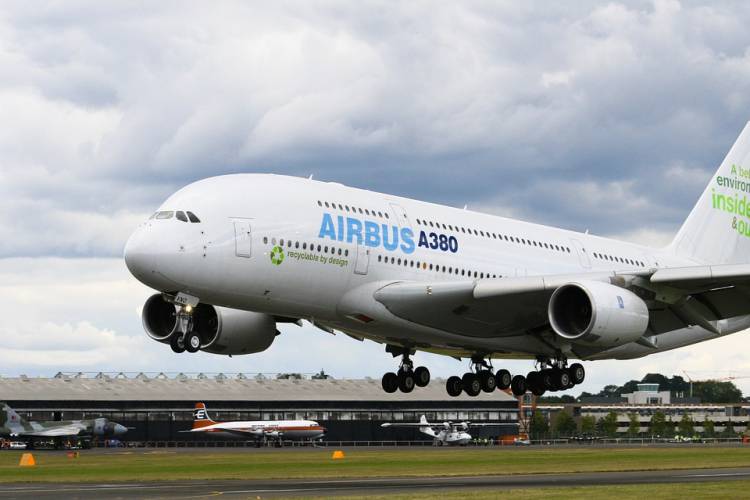
Airbus’ double-decker A380 has plenty of space for hydrogen fuel tanks.
The European aviation giant aims to test a hydrogen engine on a modified A380 by 2026, as it strives to lower its emissions amid global efforts to curb fossil fuel consumption.
A hydrogen-fueled giant of the skies
Airbus explains that it’s working with engine maker CFM International — a joint venture of General Electric’s aviation arm and France’s Safran — to modify an existing A380. “CFM International will modify the combustor, fuel system, and control system of a GE Passport turbofan to run on hydrogen.
In 2019, Airbus announced it was canceling production of the A380, the world’s largest aircraft, citing high production costs and a low order backlog. Plenty of the massive aircraft are still operational, however, meaning the company can still adapt them for testing of future technologies. Its size also makes it ideal for the upcoming tests, Airbus says.
Test flights for the hydrogen-powered A380 will likely begin around 2026, Airbus explains. The aircraft will be retrofitted with the modified engine, which will be capable of withstanding the higher temperatures required for the burning of hydrogen fuel. The company also explained that it selected its A380 model for the tests, as the aircraft has the capacity to carry the extra equipment, such as hydrogen fuel tanks, required to carry out the tests.
Cutting the aviation industry’s carbon emissions
Aircraft manufacturers are working hard to lower their carbon footprint, which accounts for more than 2 percent of all human-made emissions. Though some companies are touting hydrogen as the next big thing for sustainable transportation, not all firms agree. In the automotive industry, for example, BMW is experimenting with hydrogen fuel, while Tesla CEO Elon Musk has called the concept of hydrogen cars a “staggeringly dumb” idea.
In the aviation industry, the outlook is a little different as battery-electric propulsion systems struggle to provide the power required for liftoff. Airbus has already revealed three zero-emission aircraft concepts, which it expects to enter service by 2035. Other firms, such as the U.K.’s Aerospace Technology Institute, are developing their own hydrogen plane concepts that could provide a much greater range than electric propulsion equivalents and a reduced footprint over drop-in fuels. If Airbus’ tests go to plan, it could provide the boost the aviation industry needs to start modifying existing aircraft at a mass scale. It’s an initiative that could vastly reduce the impact that aircraft have on our environment.

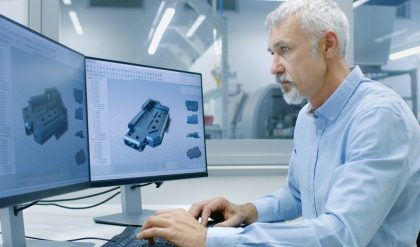
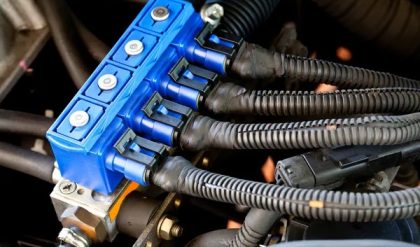

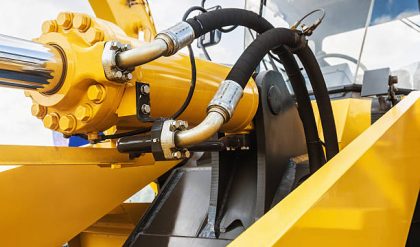
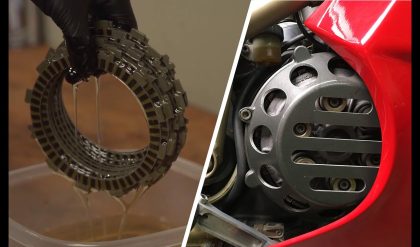
Comments are closed.